Newsletter April 2021

ICES Newsletter - April 2021
The international symposium on “Small Pelagic Fish: New Frontiers in Science for Sustainable Management” will highlight the state-of-the-art in these and other topics related to the ecology and sustainable management of small pelagic fish. The symposium complements collaborative research conducted by the joint ICES/PICES Working Group on Small Pelagic Fish and is relevant to the goals of the UN Decade of Ocean Science for Sustainable Development, particularly “to bolster scientific research for a sustainably harvested ocean ensuring the provision of food supply.”
Click here to find out more about all upcoming ICES symposia. ICES Training courses 2021
Introduction to Management Strategy Evaluation 23–27 August 2021, online course
Introduction to Stock Assessment 27 September - 1 October 2021, online course Registration deadline: 13 September 2021
4-8 October 2021, online course Registration deadline: 20 September 2021 Upcoming workshops
Workshop on Estimation of Commercial Catches I – Ratio estimators (WKRATIO)
Workshop on Age reading of Sea bass (Dicentrarchus labrax) (WKARDL2) 6–10 June 2021
Third Workshop on Populating the RDBES data model (WKRDB-POP3)
Workshop on Stakeholder Engagement Strategy (WKSHOES)
Workshop 2 on the identification of clupeid larvae (WKIDCLUP2)
Workshop on estimation of MOrtality of Marine MAmmals due to Bycatch (WKMOMA) In Other Words
What are vulnerable marine ecosystems?
A vulnerable marine ecosystem (VME) refers to a group of marine species that are particularly vulnerable to human impacts, such as from deep-sea fishing activity. When aggregations of these species occur together, they form a habitat for other species, such as fish and crustaceans, which creates an ‘ecosystem’.
The vulnerability of this ecosystem depends on a number of factors which are used to determine whether a habitat is listed as a VME or not. These factors or ‘criteria’ include:
ICES Working Group on Deep-water Ecology has prepared a list of VMEs which includes habitat-types such as deep-water coral reefs; coral gardens; deep-sea sponge aggregations and fields of soft corals called ‘sea-pens’. This list is used by the Regional Fisheries Management Organisation for the North-East Atlantic (NEAFC), to develop conservation and management measures to ensure deep-sea fishing activity in this area avoids damage to these ecosystems. Each year, ICES provide advice to NEAFC on areas where VME have been found in North Atlantic waters, and these areas are often closed to bottom trawling activity. A coral garden VME at Anton Dohrn Seamount in the Rockall Trough in the northeast Atlantic. Image: NERC funded DeepLinks project – University of Plymouth, University of Oxford, JNCC and BGS (2016). International Council for the Exploration of the Sea (ICES) |








 User Center
User Center My Training Class
My Training Class Feedback
Feedback


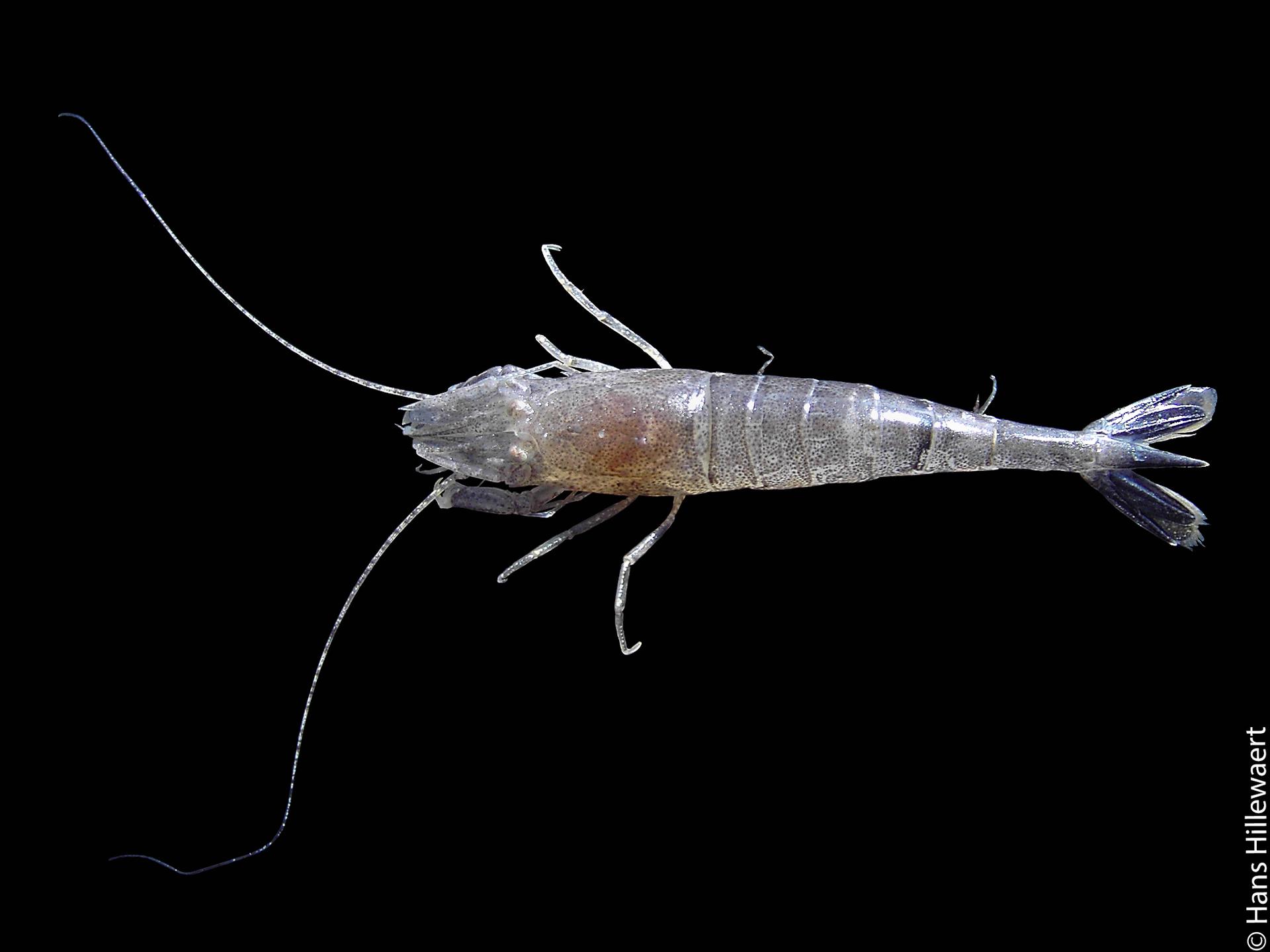

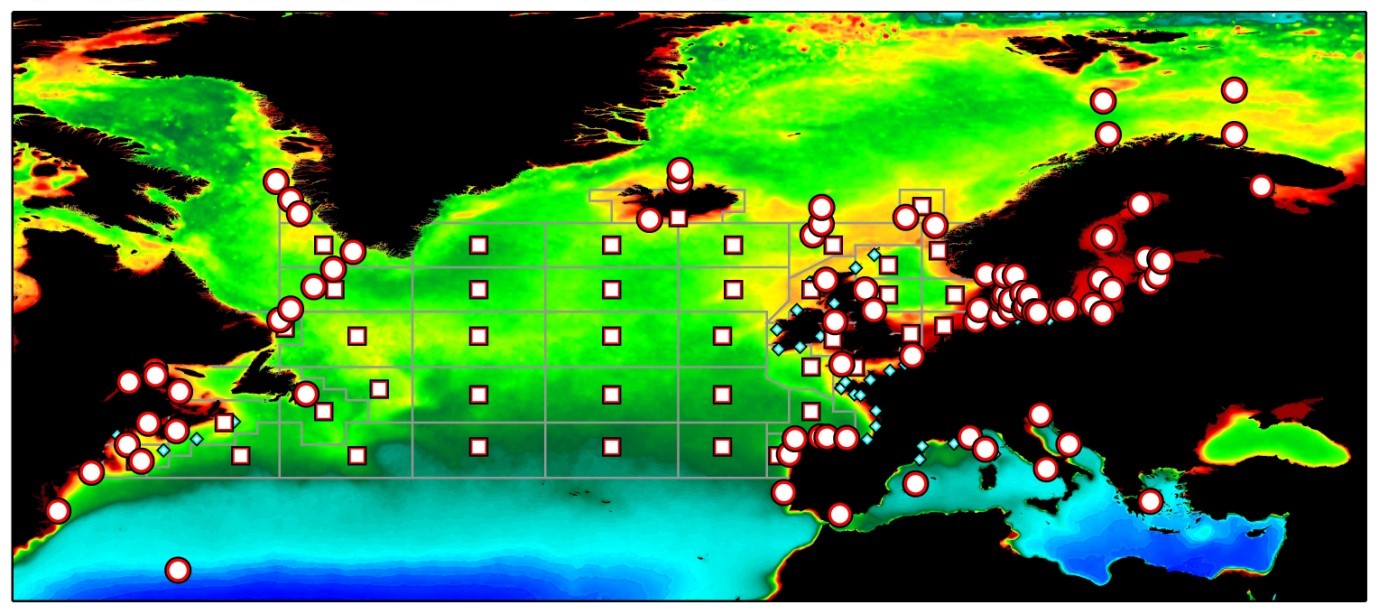
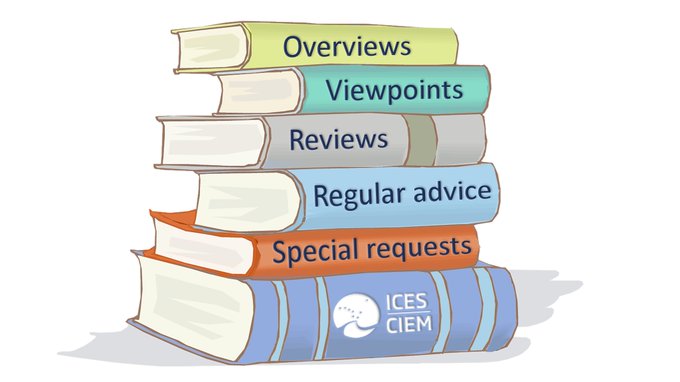
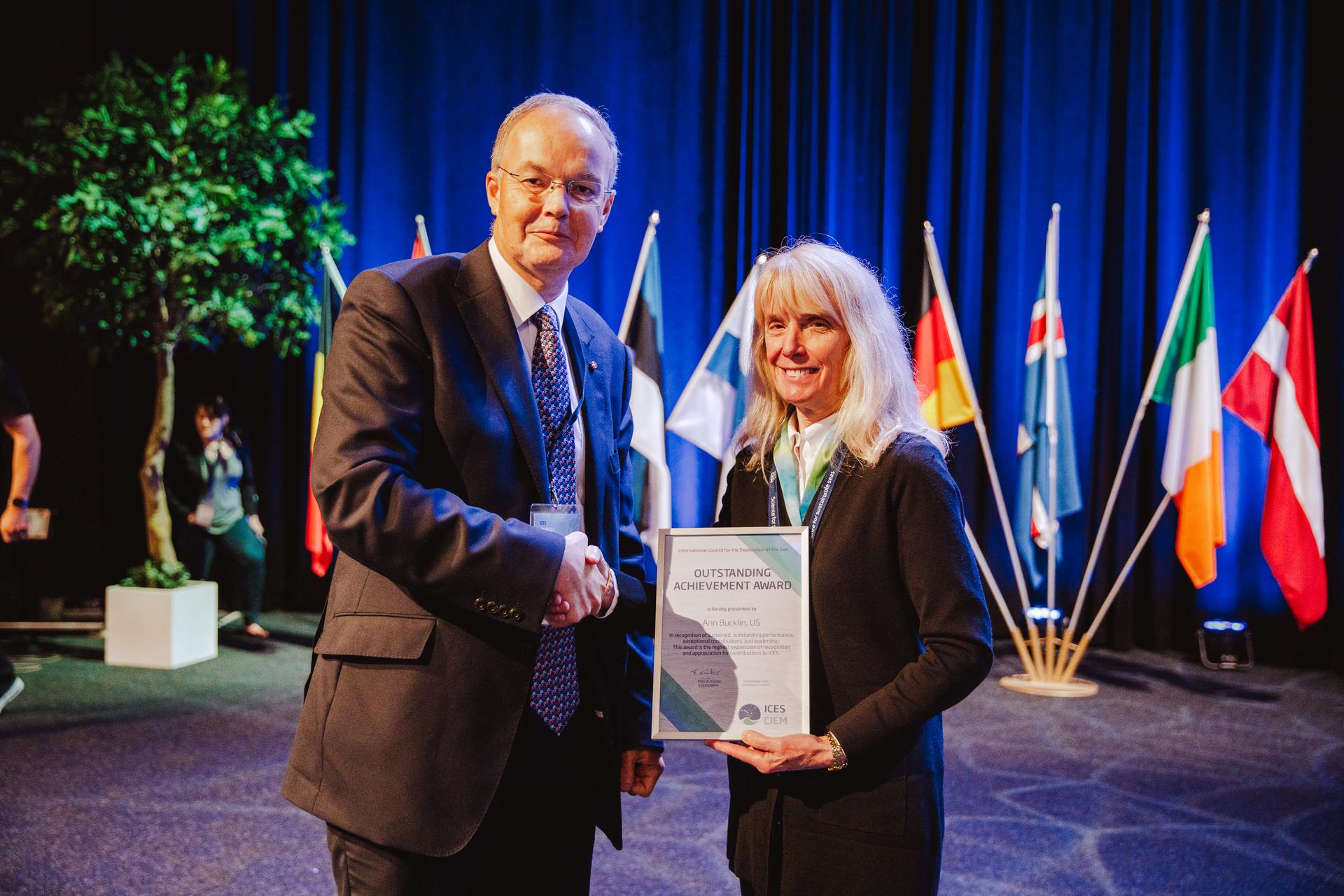
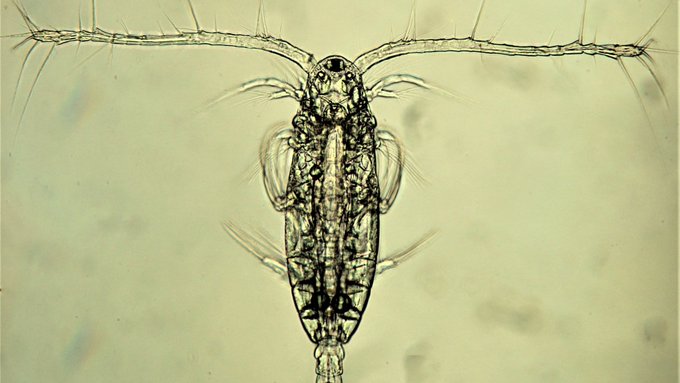
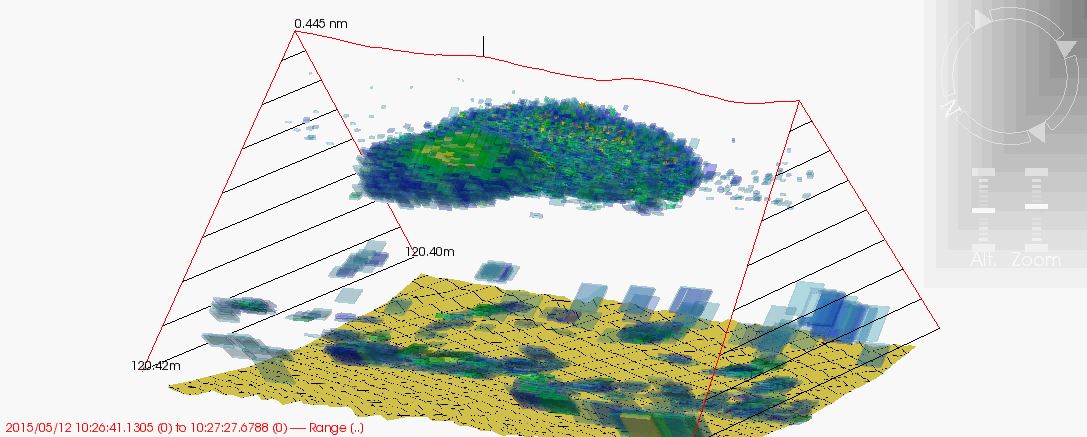


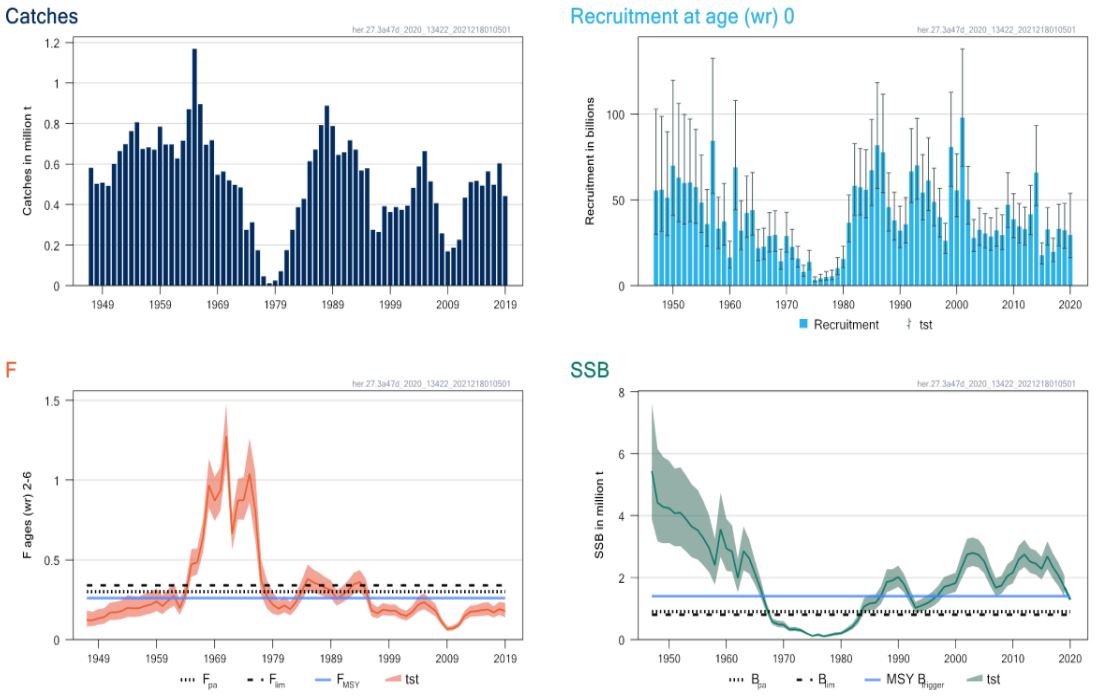
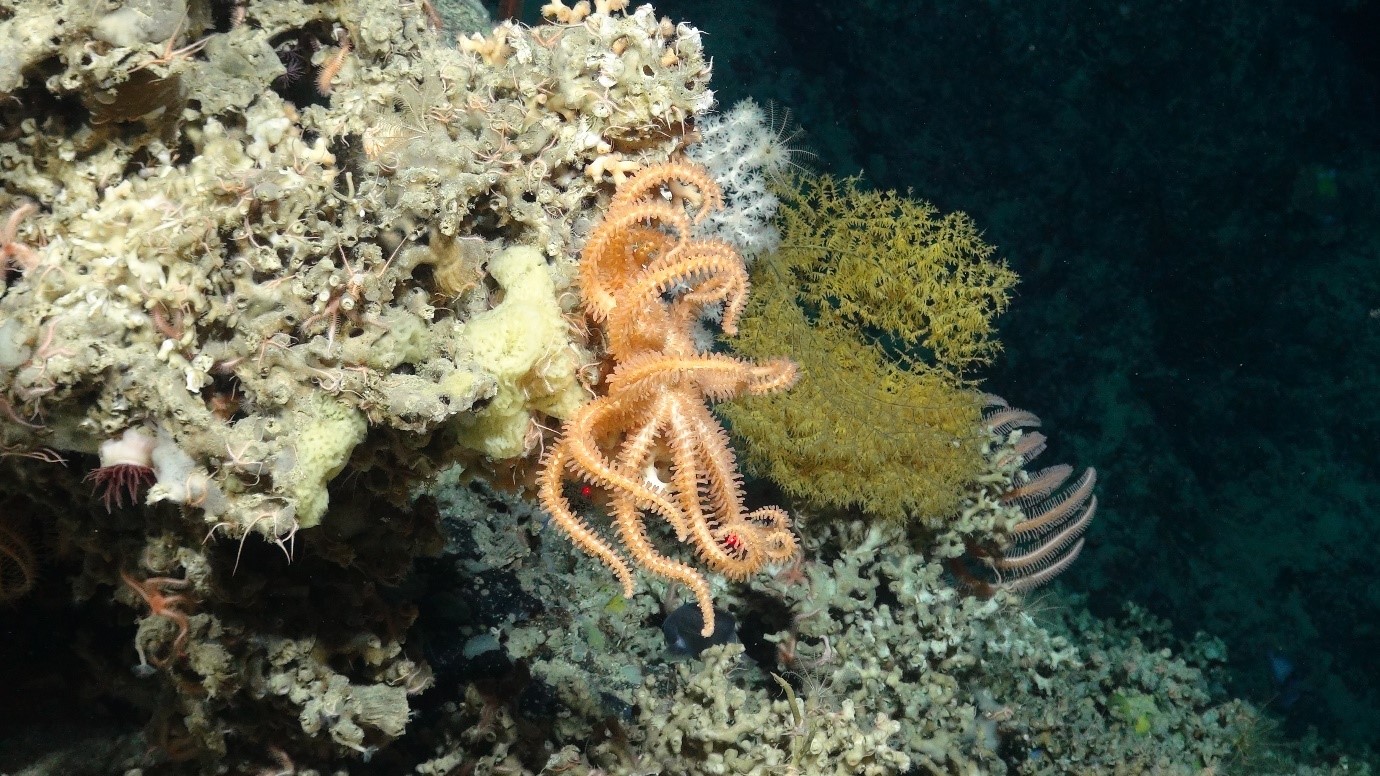










Comments
Something to say?
Log in or Sign up for free